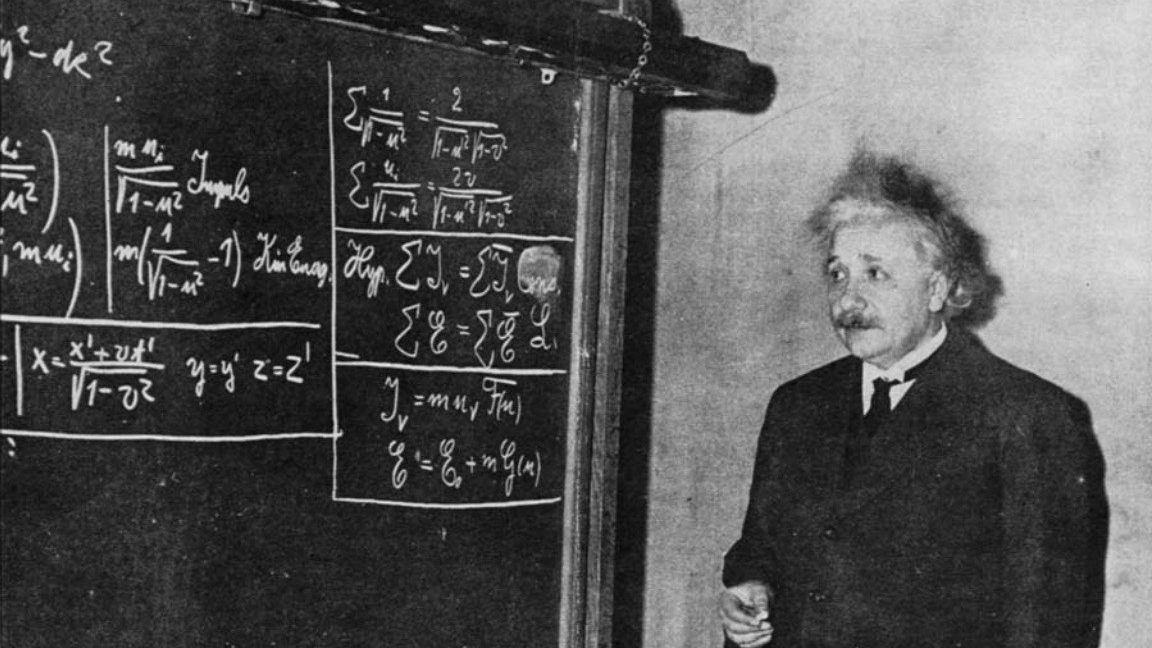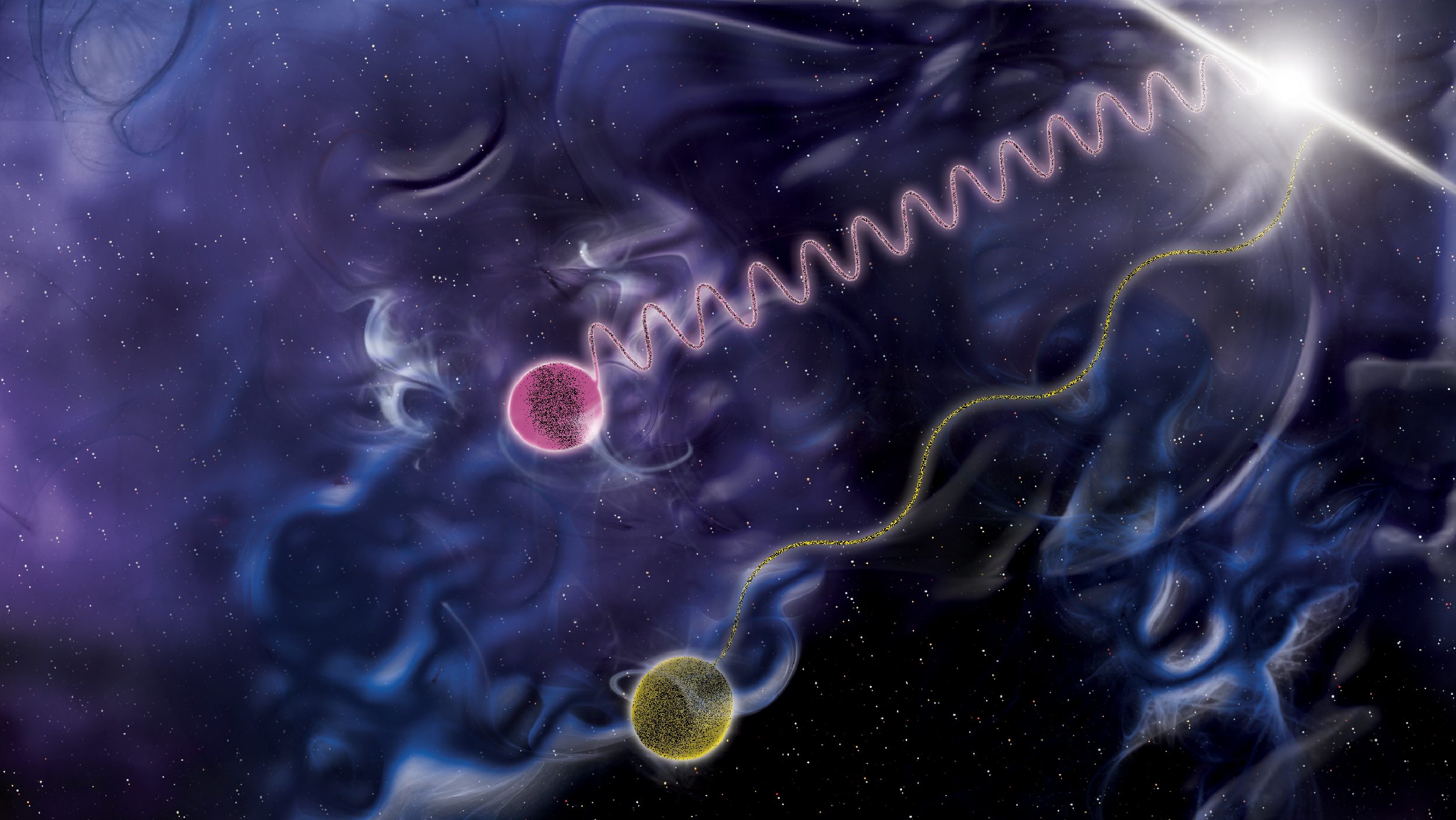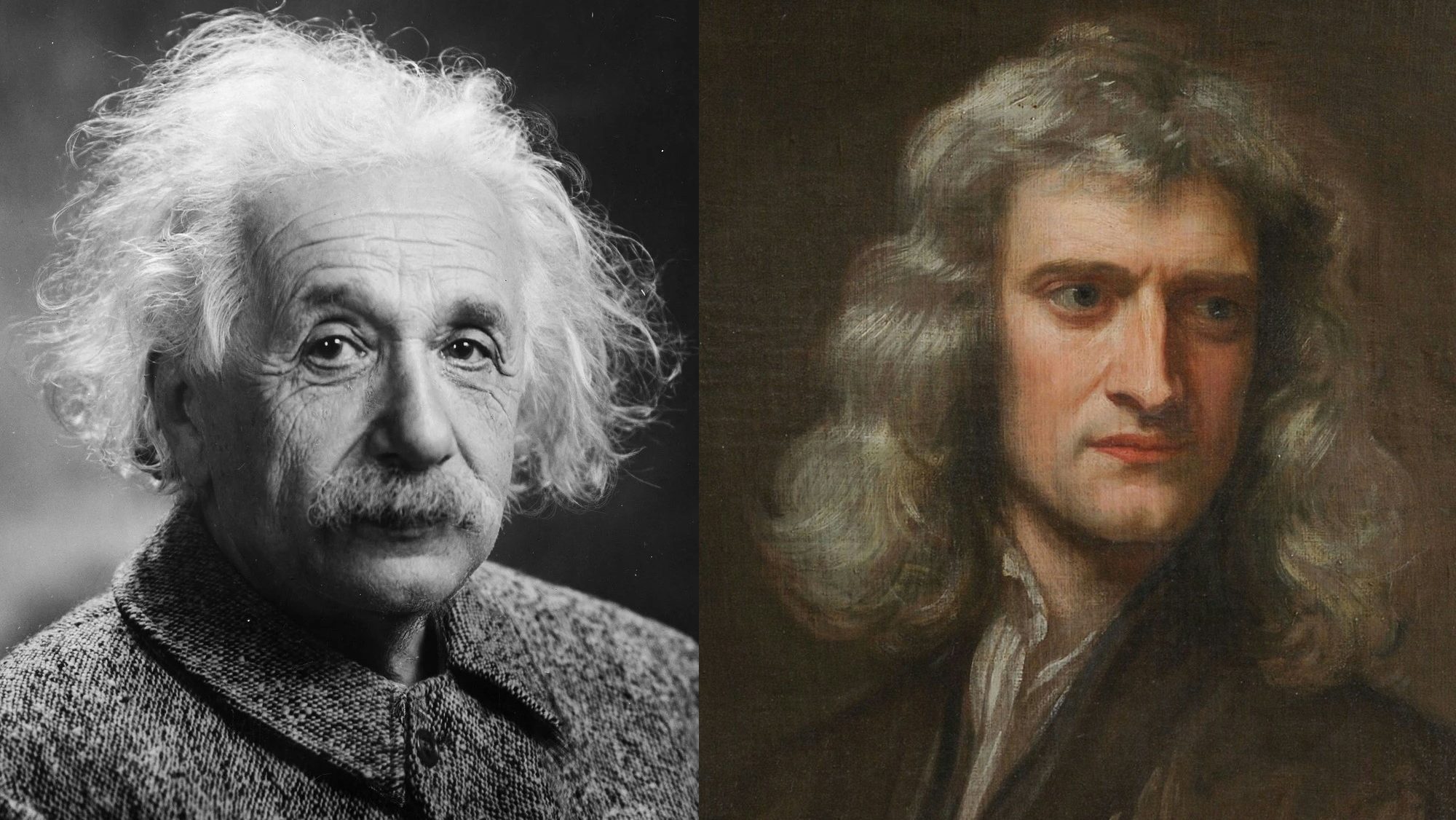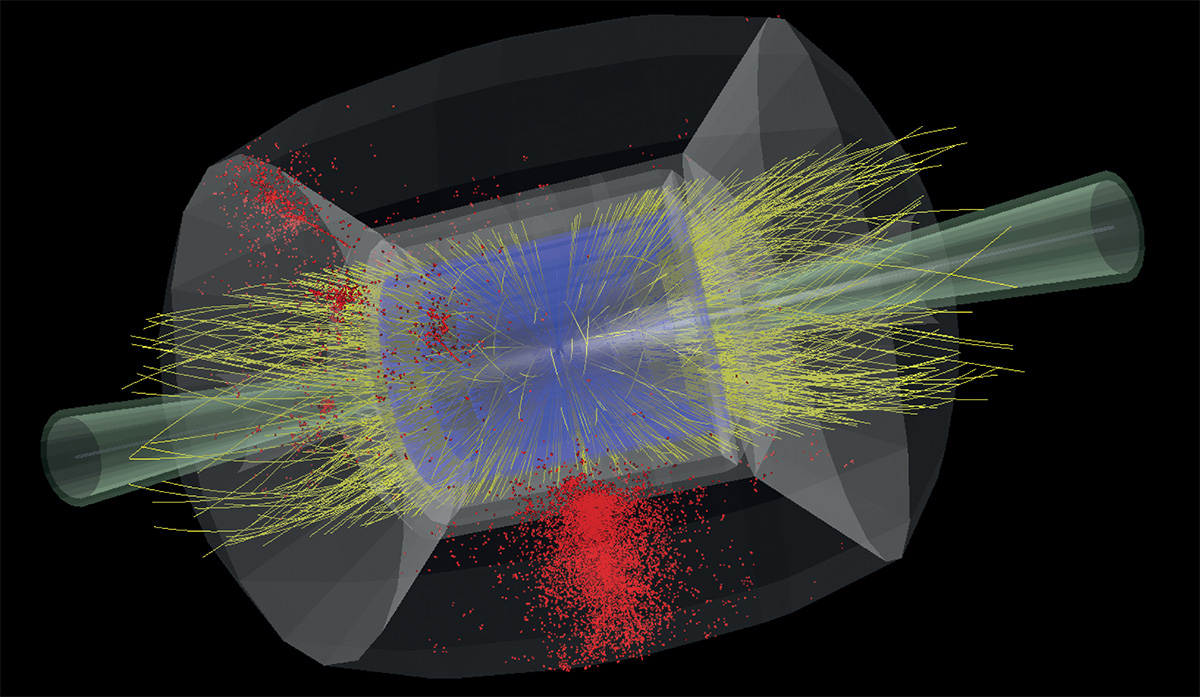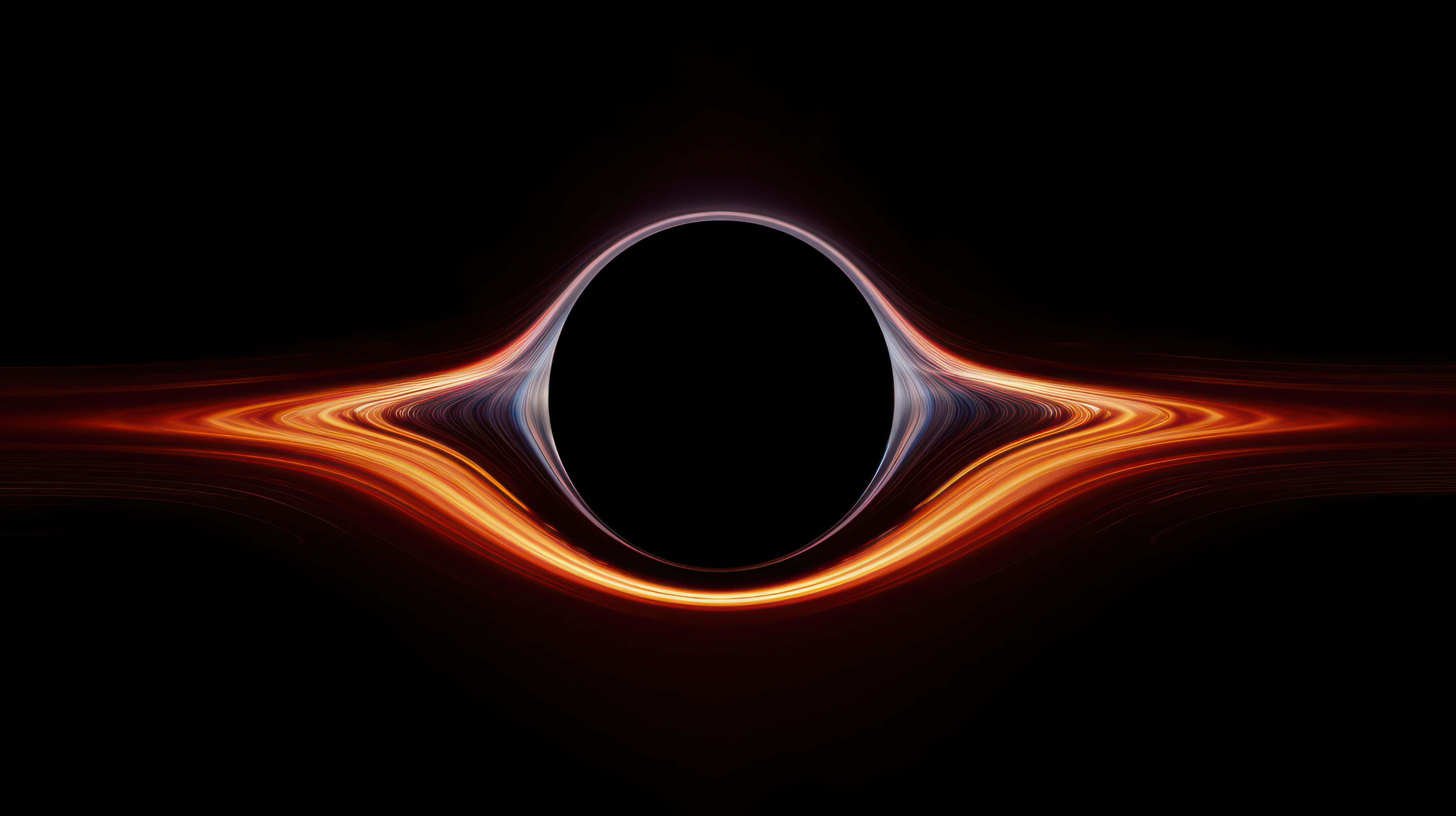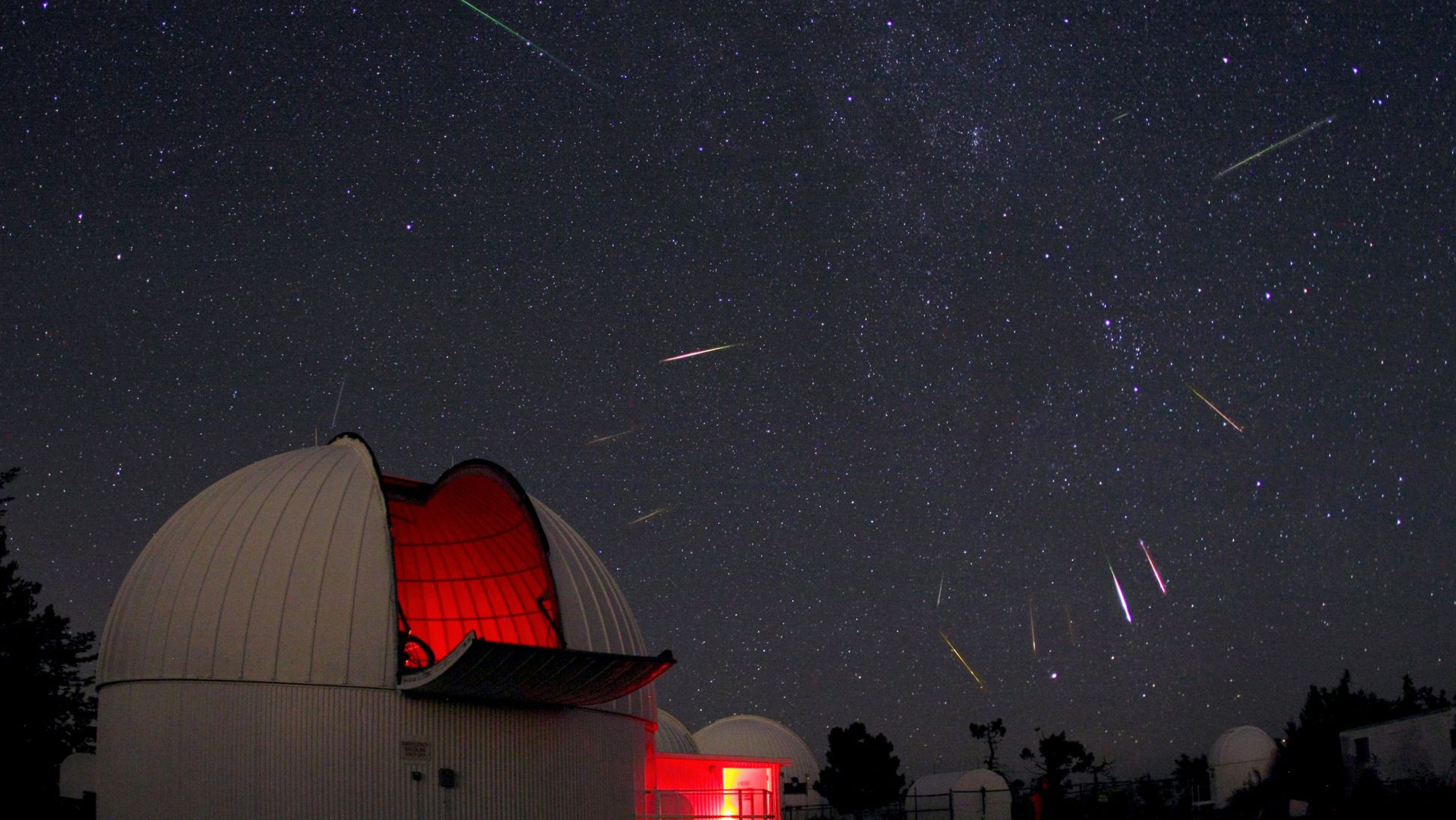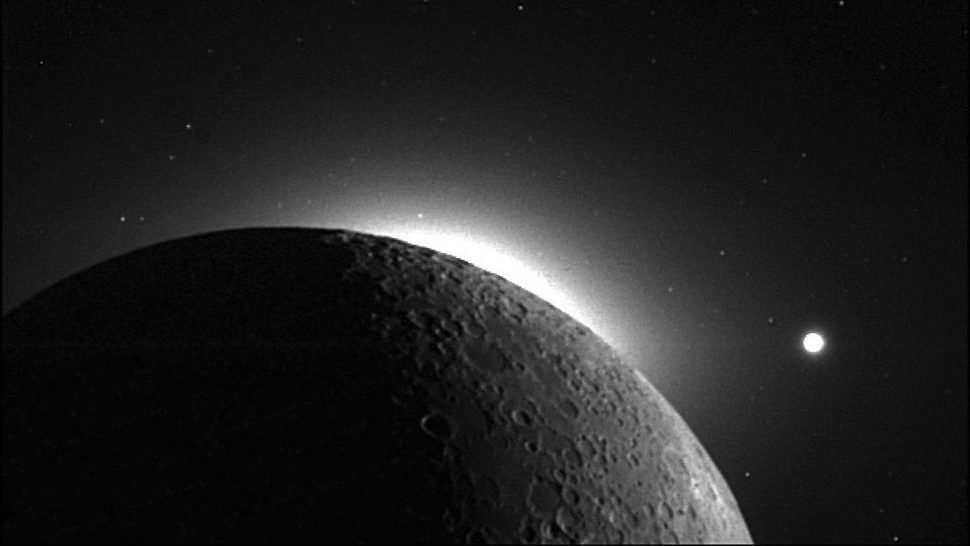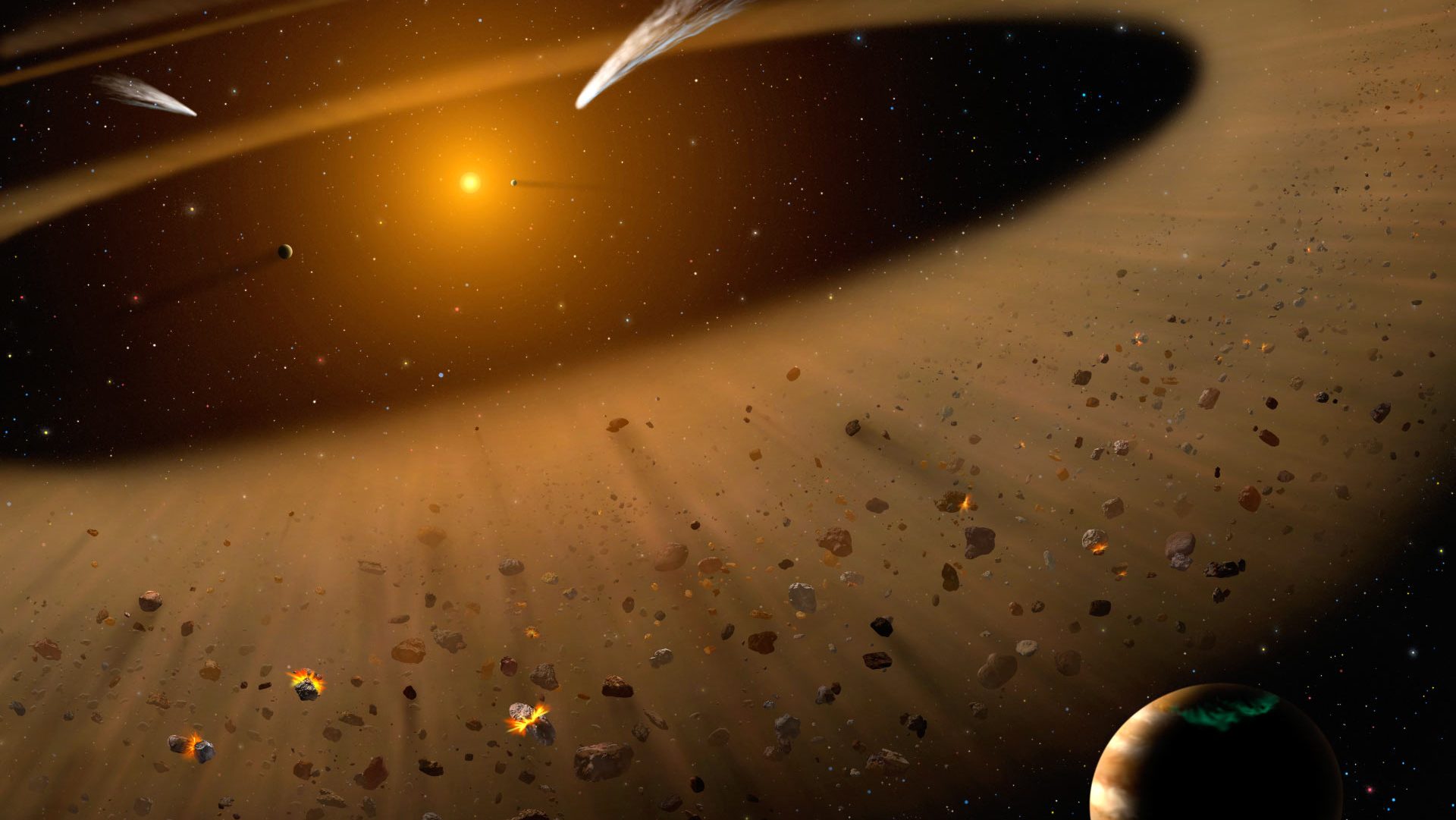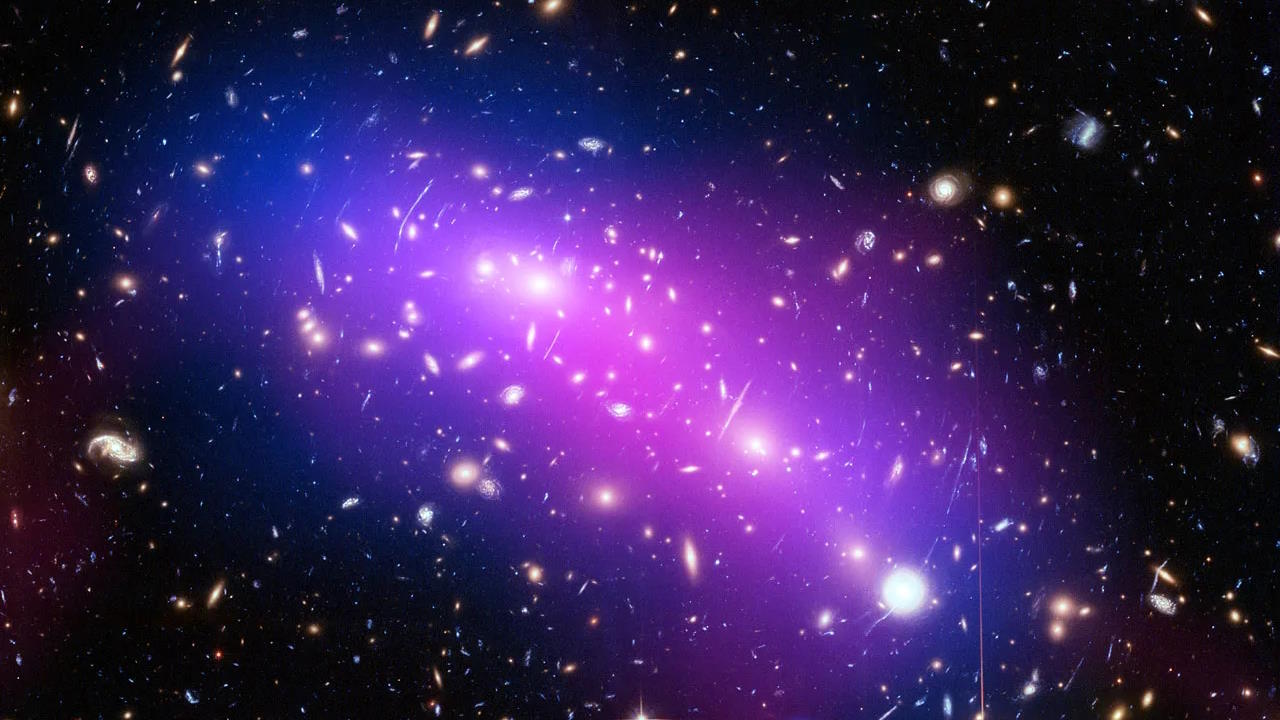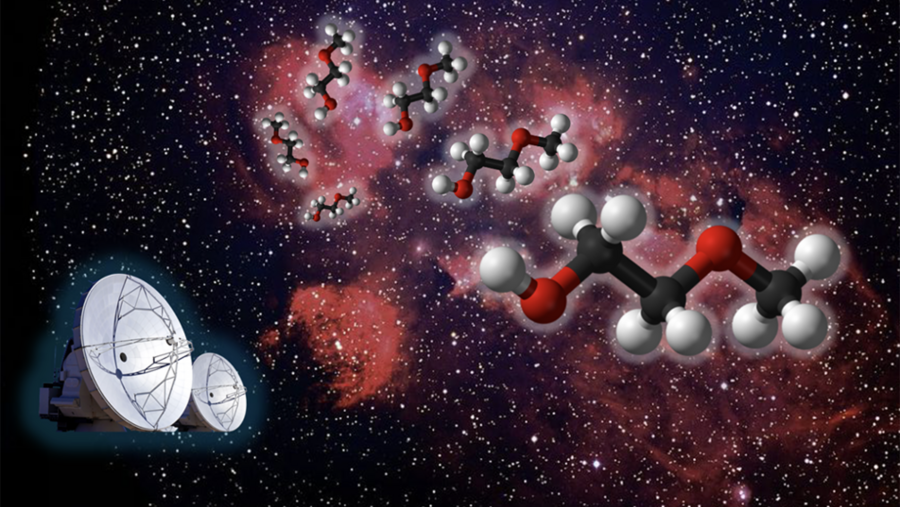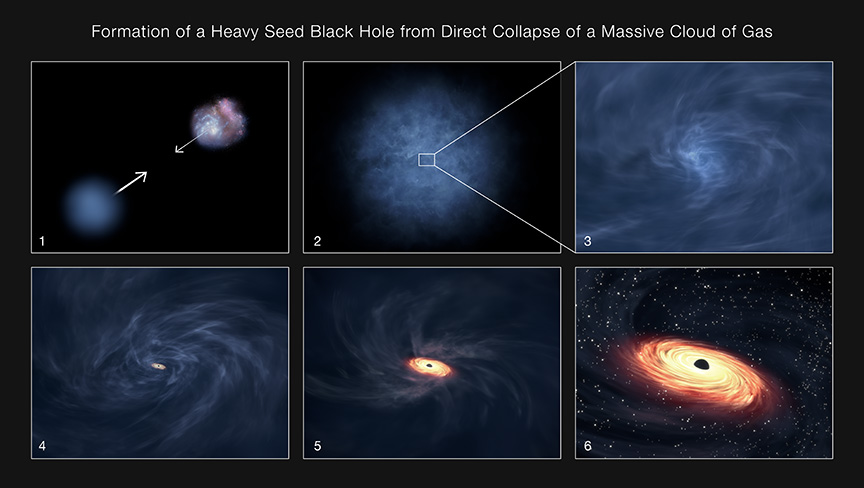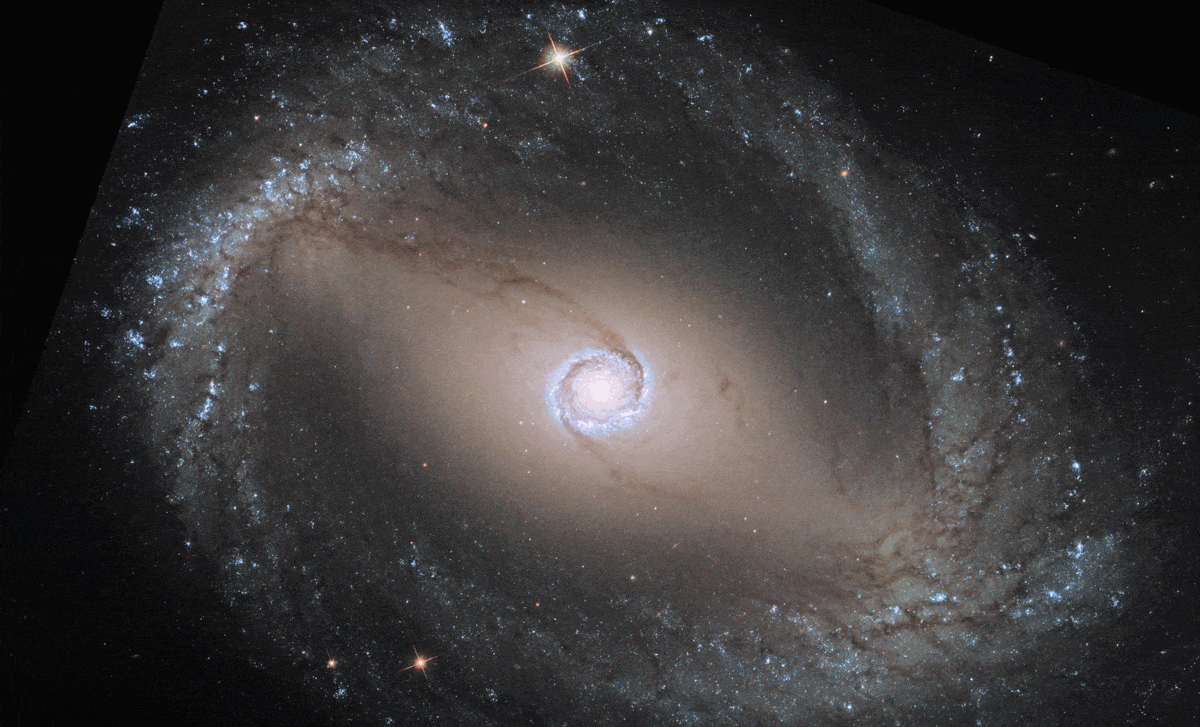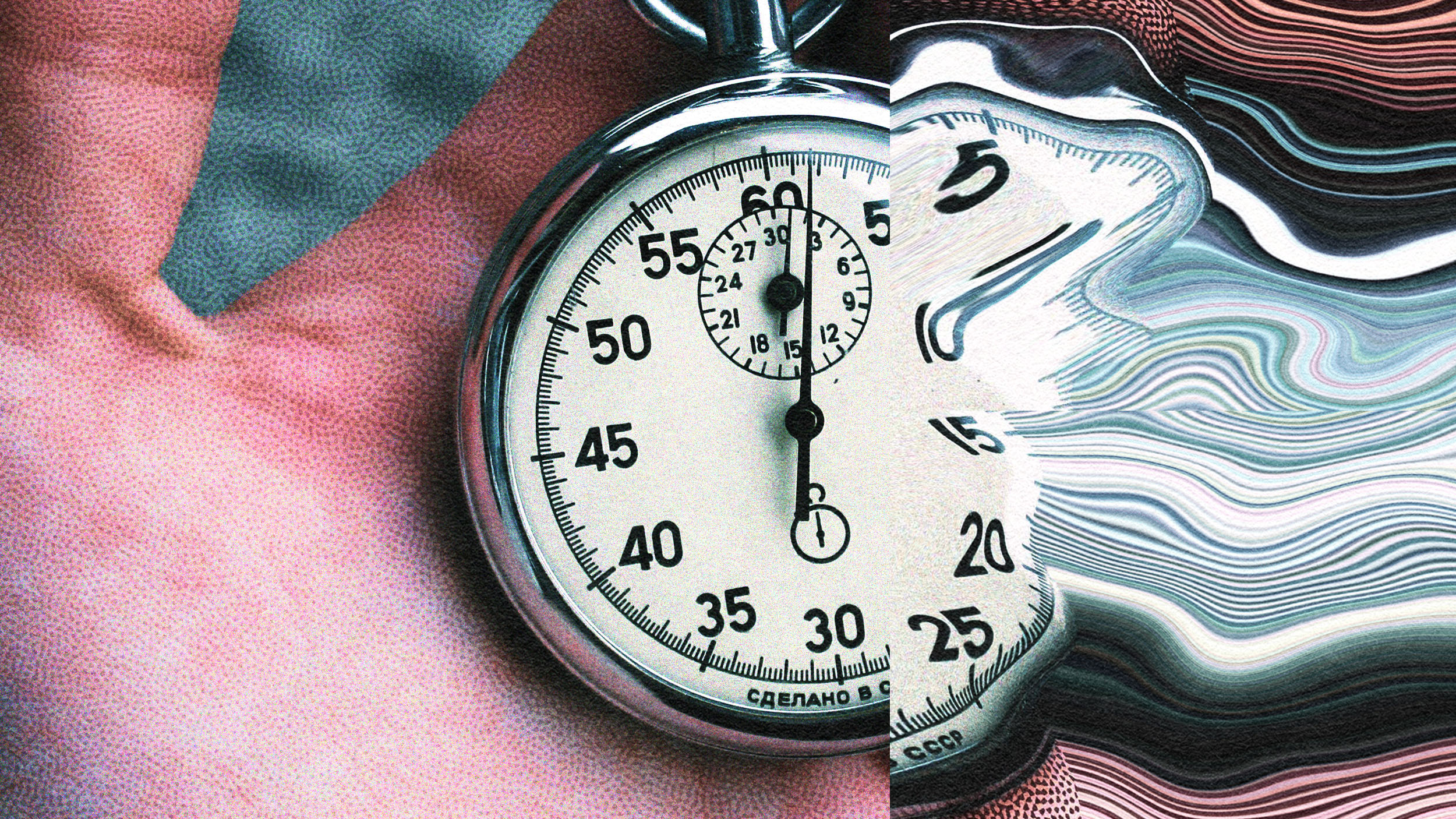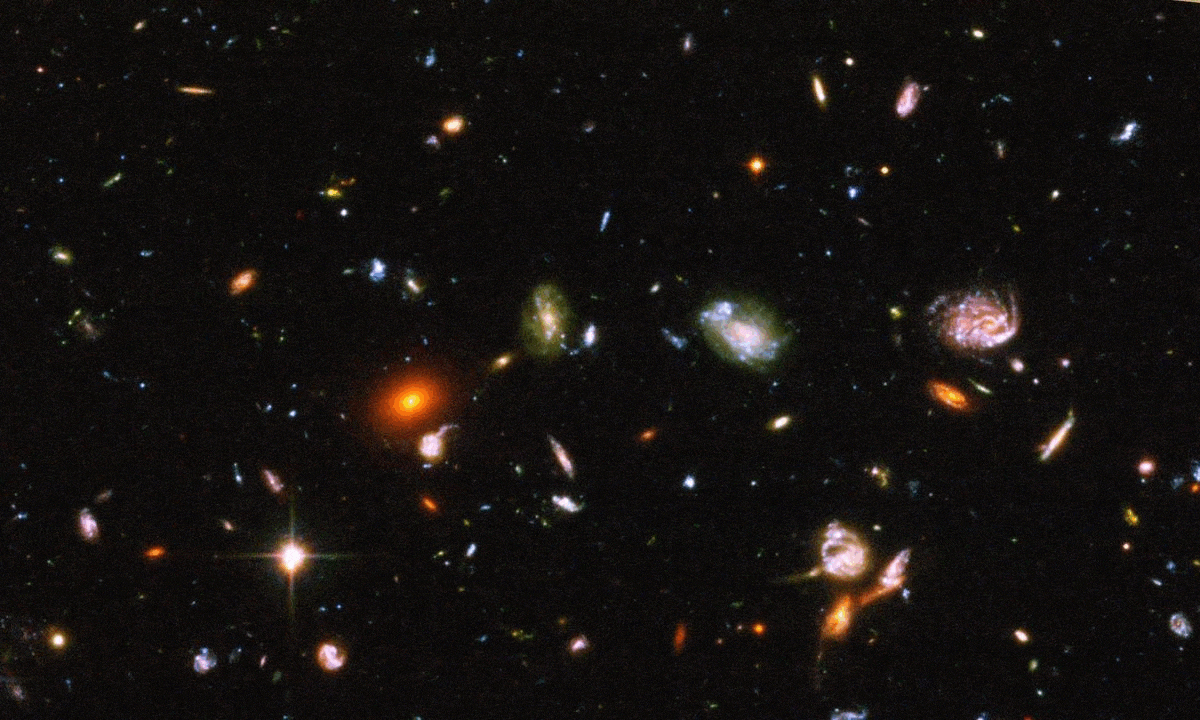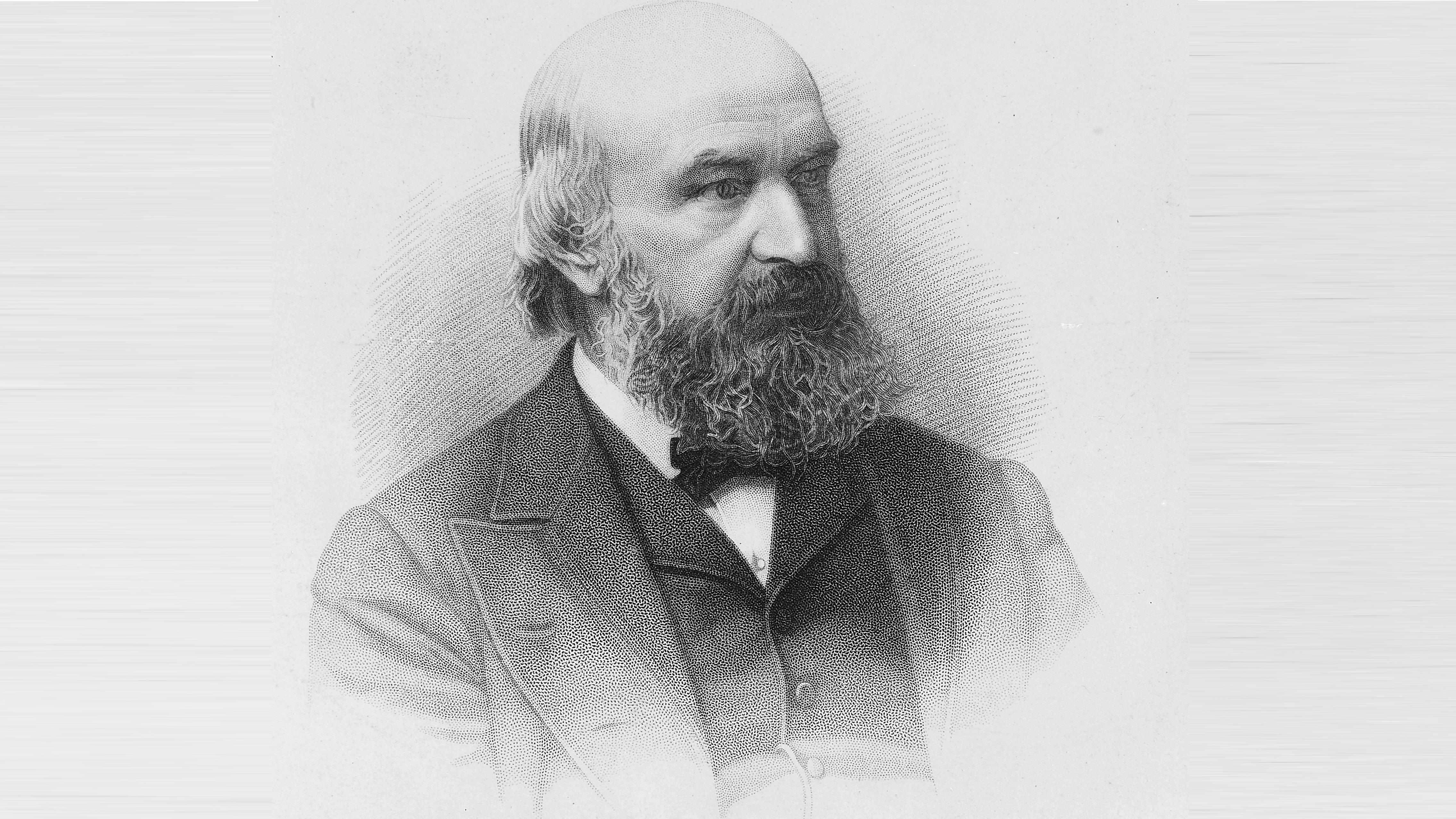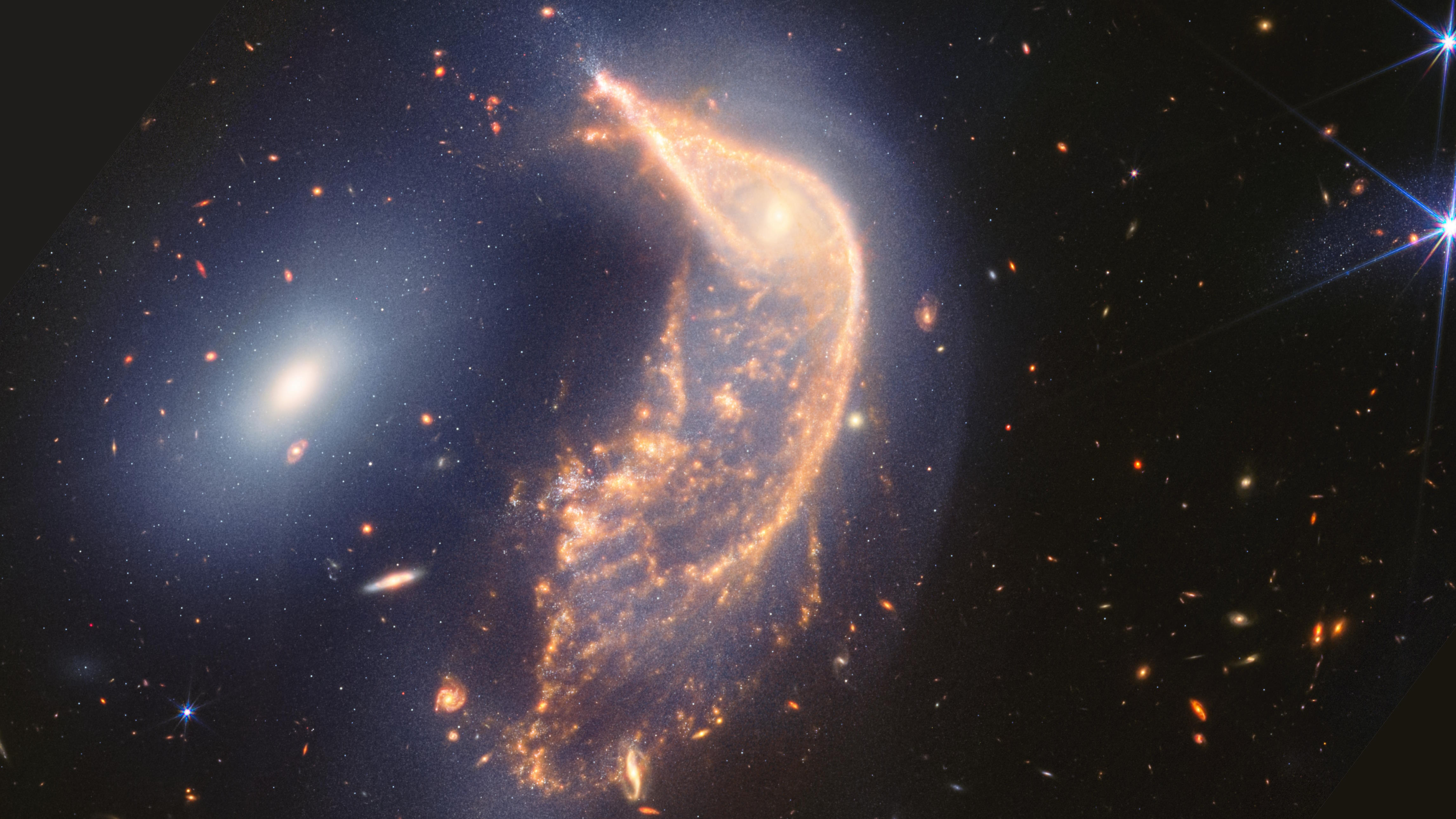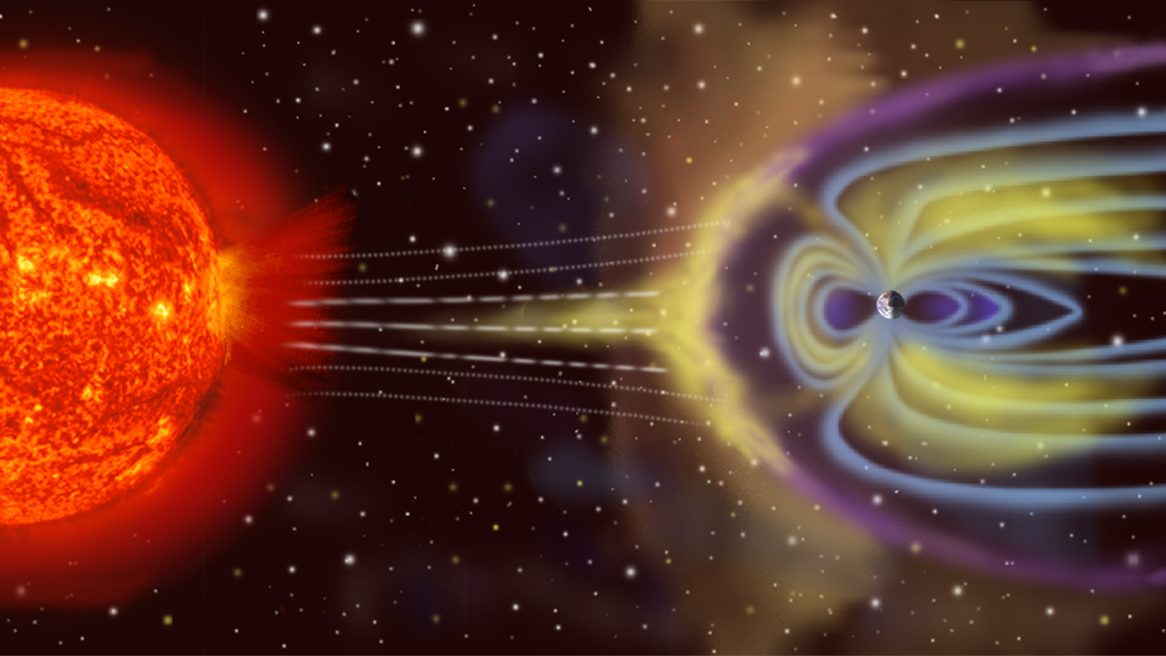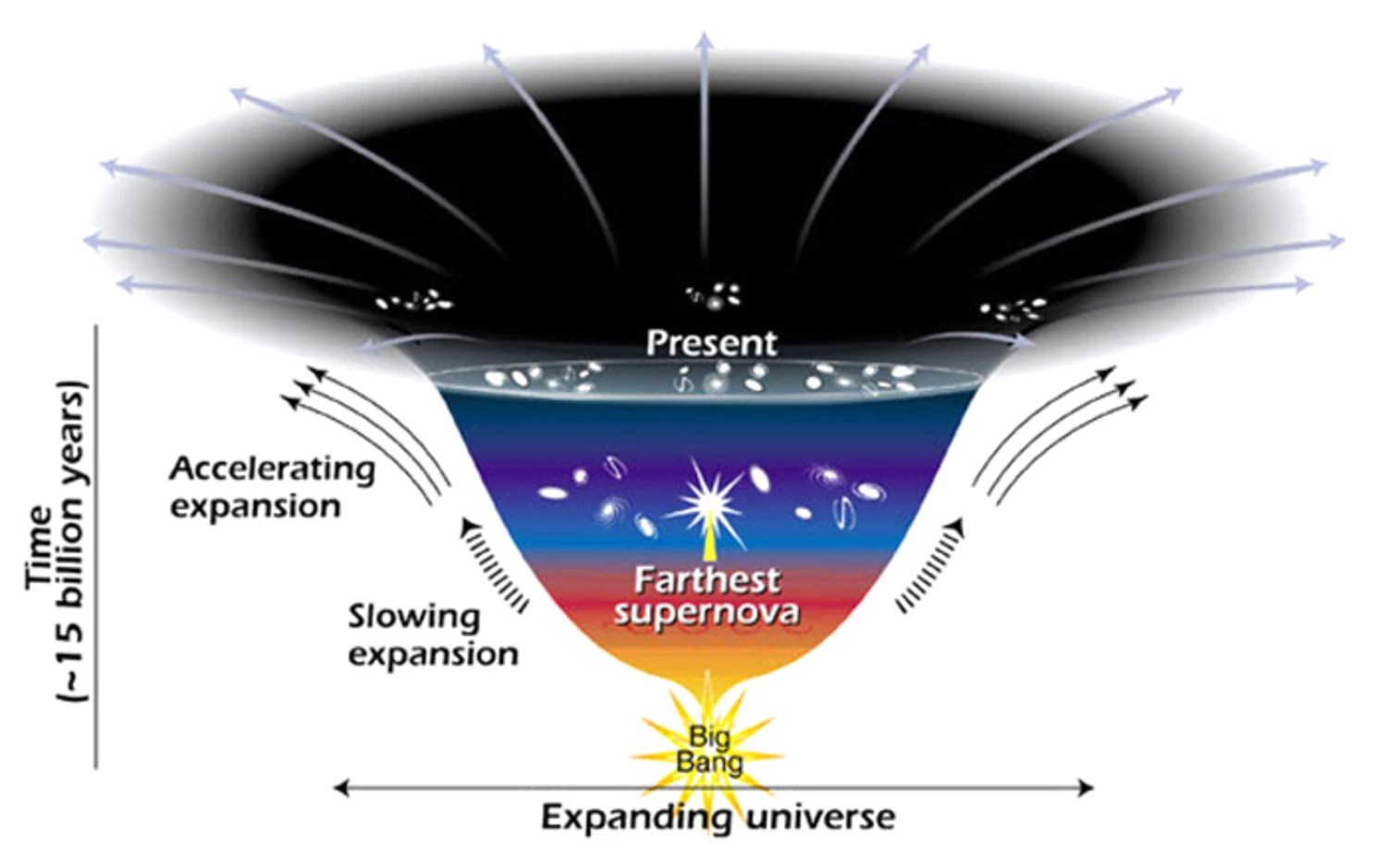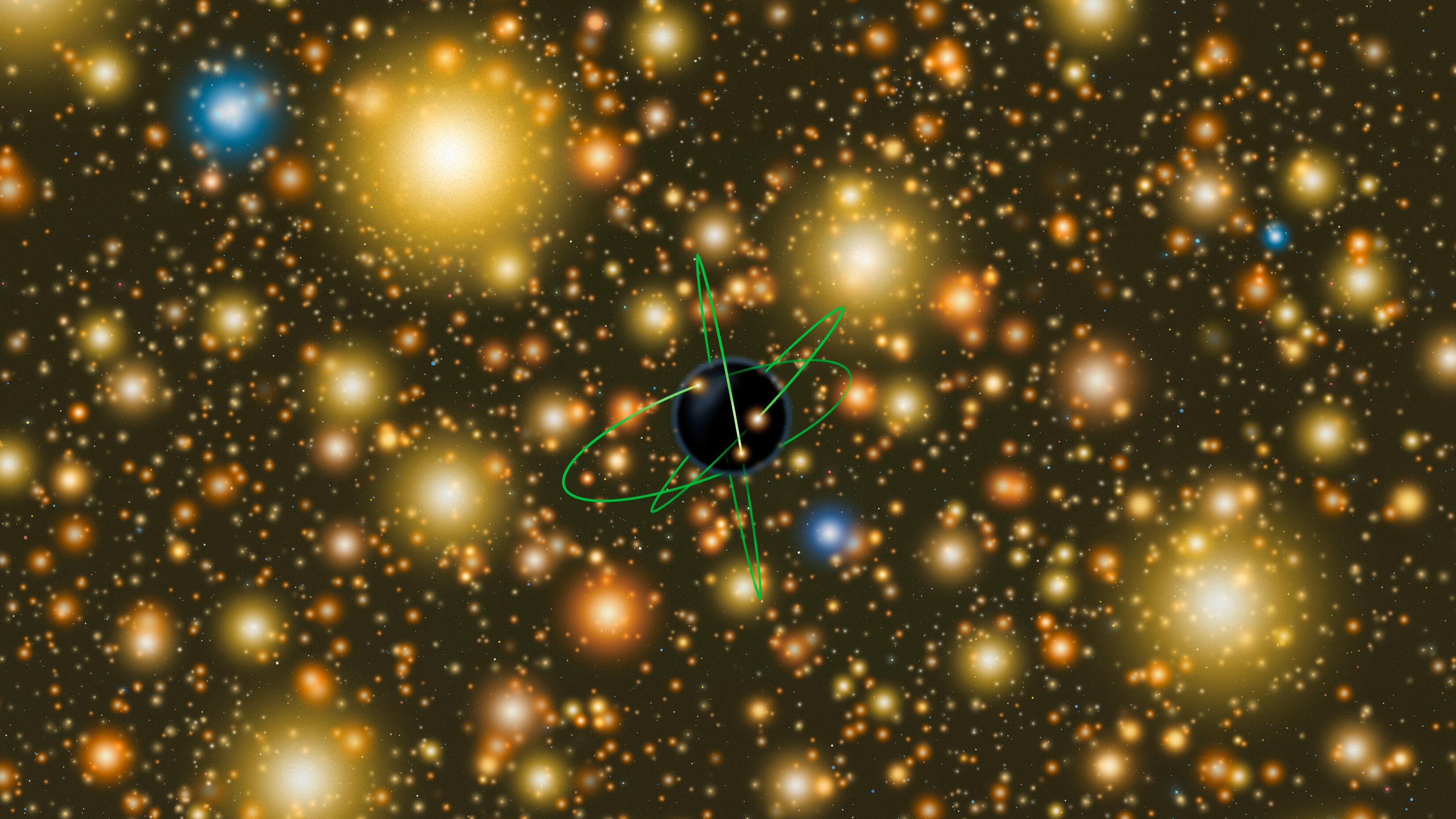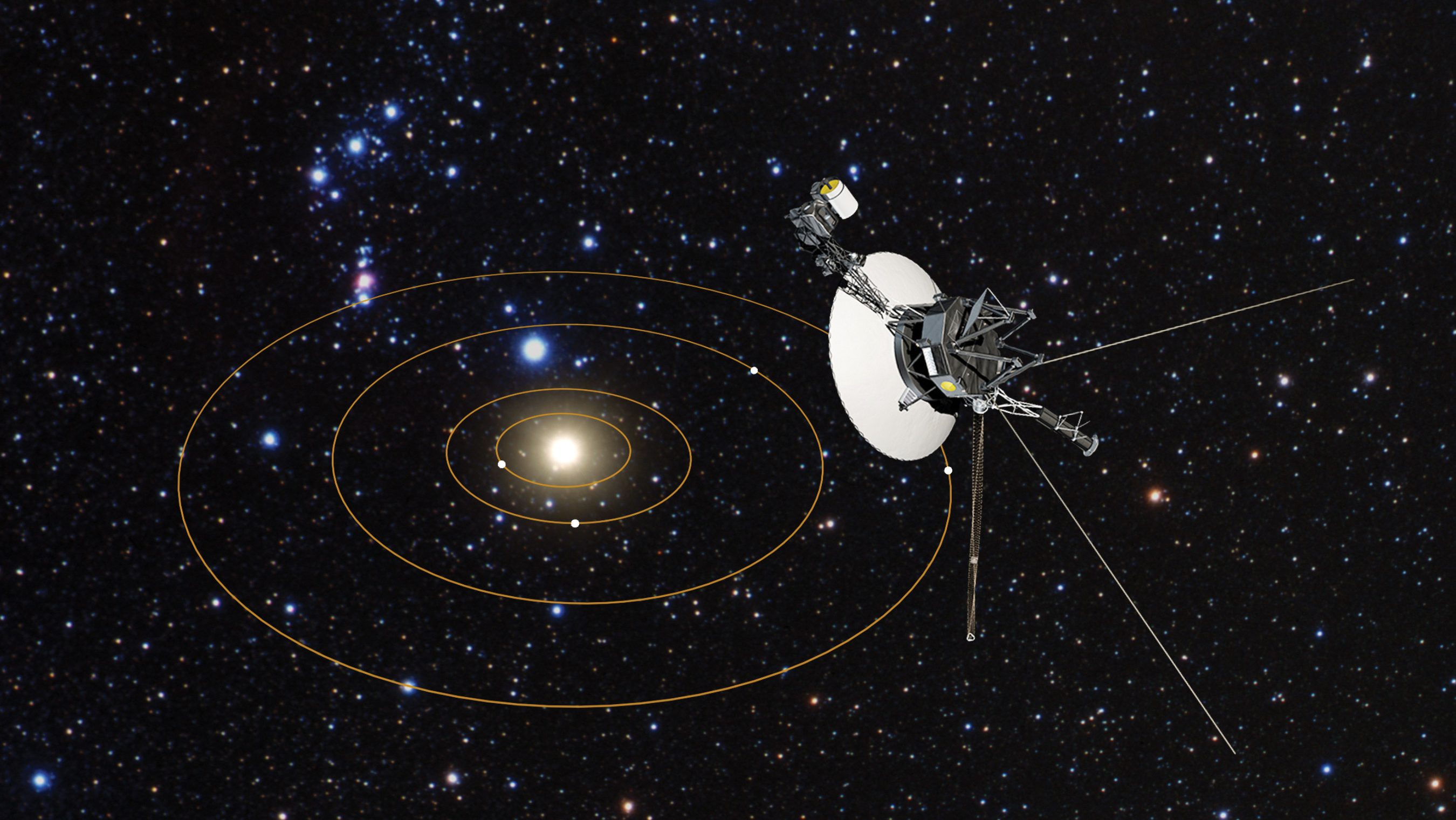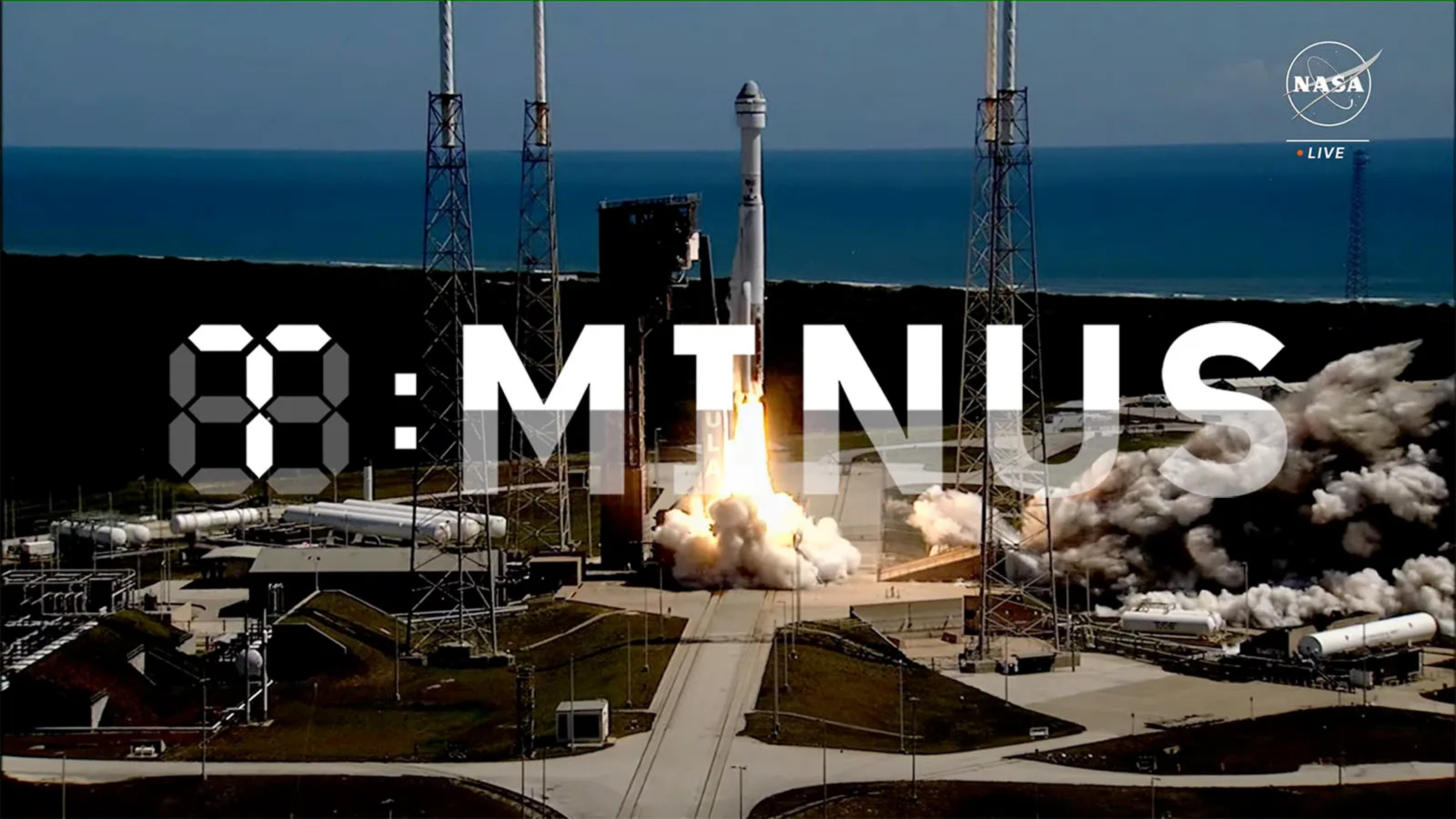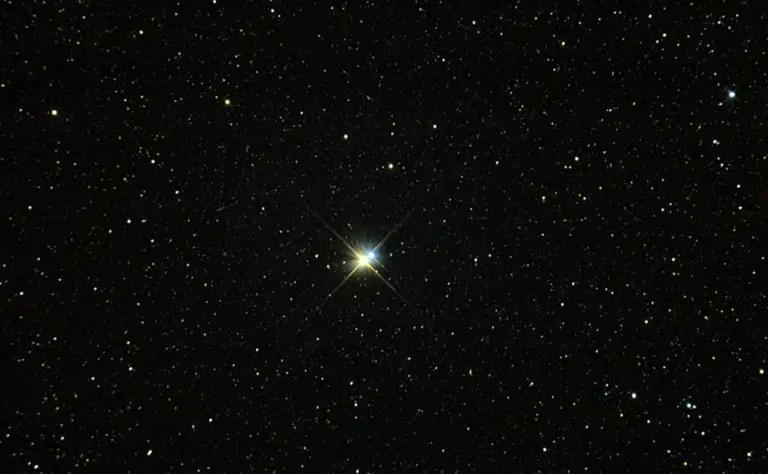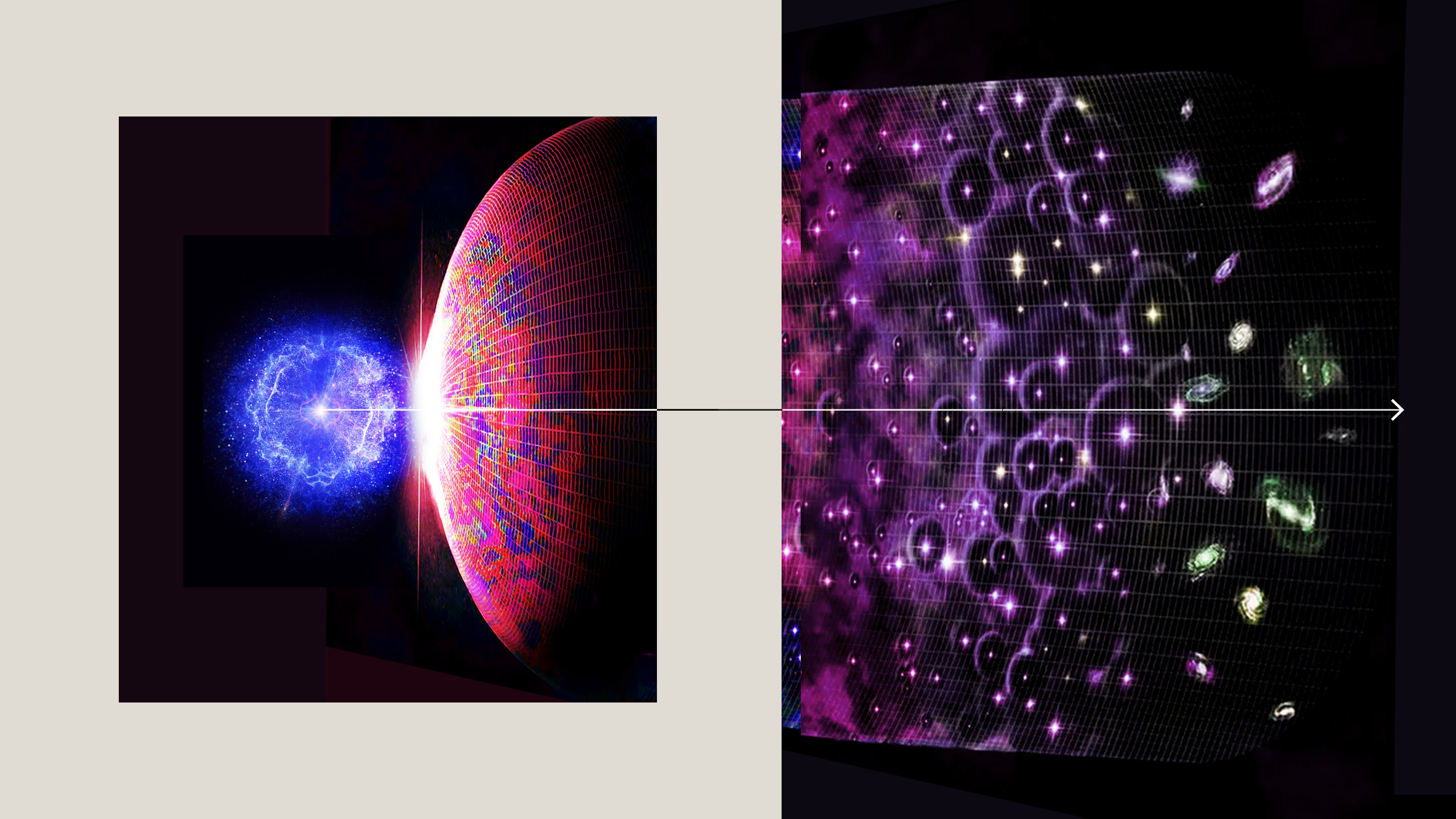Space & Astrophysics
The largest particle accelerator and collider ever built is the Large Hadron Collider at CERN. Why not go much, much bigger?
More than any other equation in physics, E = mc² is recognizable and profound. But what do we actually learn about reality from it?
The Michelson-Morley experiment of 1887, despite expectations, revealed a null result: no effect. The implications were revolutionary.
For centuries, Newton’s inverse square law of gravity worked beautifully, but no one knew why. Here’s how Einstein finally explained it.
From size to mass to density and more, each world in our Solar System is unique. When we compare them, the results are truly shocking.
Today, the Large Hadron Collider is the most powerful particle physics experiment in history. What would a new, successor collider teach us?
Dark matter’s hallmark is that it gravitates, but shows no sign of interacting under any other force. Does that mean we’ll never detect it?
A recent paper in the journal Physical Review Letters claims to prove that a “kugelblitz” is not possible.
Peaking on the night of August 11/12, up to 100 bright meteors per hour will be visible. Here’s how to make the most of it.
Earth, the only rocky planet with a large, massive satellite, is greatly affected by the Moon. Destroying it would cause 7 major changes.
Straddling the bounds of science and religion, Newton wondered who set the planets in motion. Astrophysics reveals the answer.
How do normal matter and dark matter separate by so much when galaxy clusters collide? Astronomers find the surprising, unexpected answer.
Such discoveries help researchers better understand the development of molecular complexity in space during star formation.
Even in the very early Universe, there were heavy, supermassive black holes at the centers of galaxies. How did they get so big so fast?
In July of 2022, the first science images from JWST were unveiled. Two years later, it’s changed our view of the Universe.
The passage of time is something we all experience, as it takes us from one moment to the next. But could it all just be an illusion?
From inside our Solar System, zodiacal light prevents us from seeing true darkness. From billions of miles away, New Horizons finally can.
The Extremely Large Telescope (ELT) will have a light-collecting power 10 times greater than today’s best telescope.
Adams was infamously scooped when Neptune was discovered in 1846. His failure wasn’t the end, but a prelude to a world-changing discovery.
For its 2-year science anniversary, JWST has revealed unprecedented details in “the Penguin and the Egg.” Here are the surprises inside.
As the Sun ages, it loses mass, causing Earth to spiral outward in its orbit. Will that cool the Earth down, or will other effects win out?
Just 13.8 billion years after the hot Big Bang, we can see objects up to 46.1 billion light-years away. No, this doesn’t violate relativity.
We know of stellar mass and supermassive black holes, but intermediate mass ones have long proved elusive. Until now.
The Bullet Cluster has, for nearly 20 years, been hailed as an empirical “proof” of dark matter. Can their detractors explain it away?
On a cosmic scale, our existence seems insignificant and inconsequential. But from another perspective, humans are completely remarkable.
Comparing Elon Musk’s Mars rocket to NASA’s new ride.
The standard picture of our Universe is that it’s dominated by dark matter and dark energy. But this alternative is also worth considering.
On the largest of cosmic scales, the Universe is expanding. But it isn’t all-or-nothing everywhere, as “collapse” is also part of the story.
Physicists have increasingly begun to view life as information-processing “states of matter” that require special consideration.
The structure of our Solar System has been known for centuries. When we finally started finding exoplanets, they surprised everyone.

